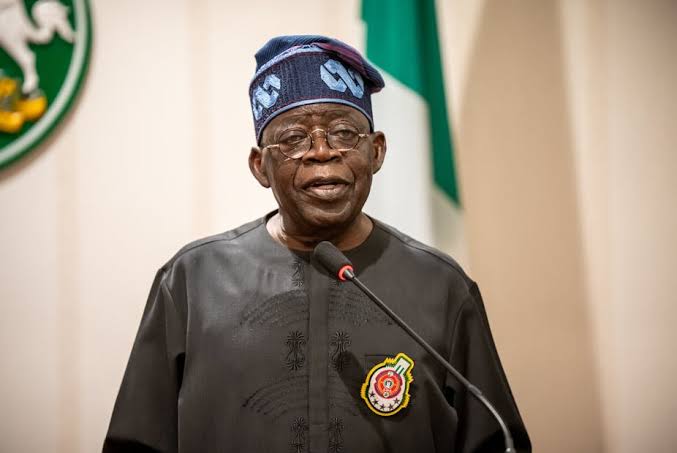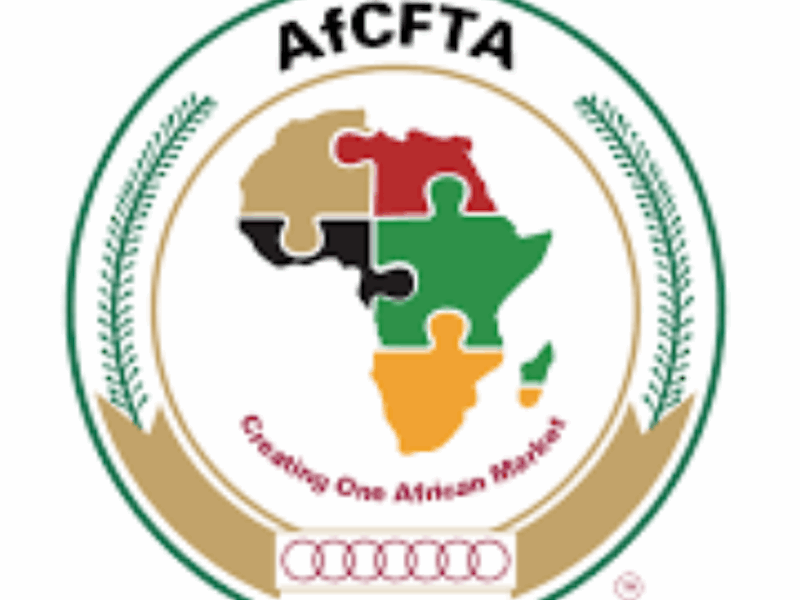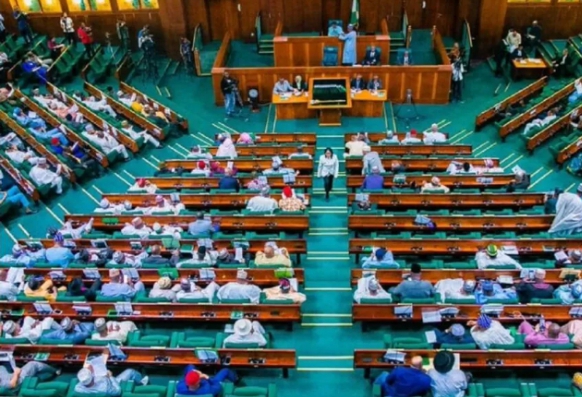Nigeria’s $2.35 Billion Eurobond Success Signals Strong International Confidence Despite Challenges
Nigeria has achieved a remarkable milestone in the international capital markets, successfully raising $2.35 billion through Eurobonds despite recent geopolitical tensions. The bond issuance, which attracted over $13 billion in bids, represents the country’s largest-ever offering and demonstrates robust investor confidence in Nigeria’s economic reforms.
The dual-tranche bond offering consisted of a $1.25 billion 10-year bond maturing in 2036 with an 8.6% coupon rate, and a $1.10 billion 20-year bond due in 2046 carrying a 9.2% coupon. Investors from diverse regions, including the United Kingdom, North America, Europe, Asia, and the Middle East, participated in the offering, alongside domestic Nigerian investors.
President Bola Ahmed Tinubu celebrated the achievement, stating, “We are delighted by the strong investor confidence demonstrated in our country and our reform agenda. This development reaffirms Nigeria’s position as a recognised and credible participant in the global capital market.”
The successful bond issuance comes at a significant time, occurring shortly after diplomatic tensions with the United States and amid concerns about genocide claims. However, the Central Bank of Nigeria’s orthodox economic policies and ongoing reforms have helped maintain investor confidence in the country’s economic trajectory.
Finance Minister and Coordinating Minister for the Economy, Olawale Edun, emphasized that the successful market access reflects international confidence in Nigeria’s reform trajectory and commitment to sustainable, inclusive growth.
While the oversubscription indicates strong market interest, some analysts caution about the relatively high interest rates offered. Nigeria’s current debt profile stands at $97.24 billion in foreign debt and N149.39 trillion in domestic debt. Economic experts suggest that while bond issuances provide immediate financial resources, the country should focus more on attracting Foreign Direct Investment (FDI) for sustainable economic growth.
The World Bank has highlighted Nigeria’s significant infrastructure deficit, with total infrastructure stock at just 30% of GDP, well below the 70% benchmark. The organization estimates that Nigeria needs approximately $3 billion annually over 30 years to address this deficit.
Looking ahead, the challenge for Nigeria will be to effectively utilize these funds to address critical infrastructure needs, particularly in security, power supply, and road networks. These improvements are essential for attracting more sustainable forms of investment and achieving long-term economic development goals.
The Debt Management Office views this bond issuance as a “landmark success that demonstrates global investor confidence in Nigeria’s fiscal discipline and long-term growth trajectory,” though the focus must now shift to ensuring these funds contribute to meaningful economic development.







Leave a Comment